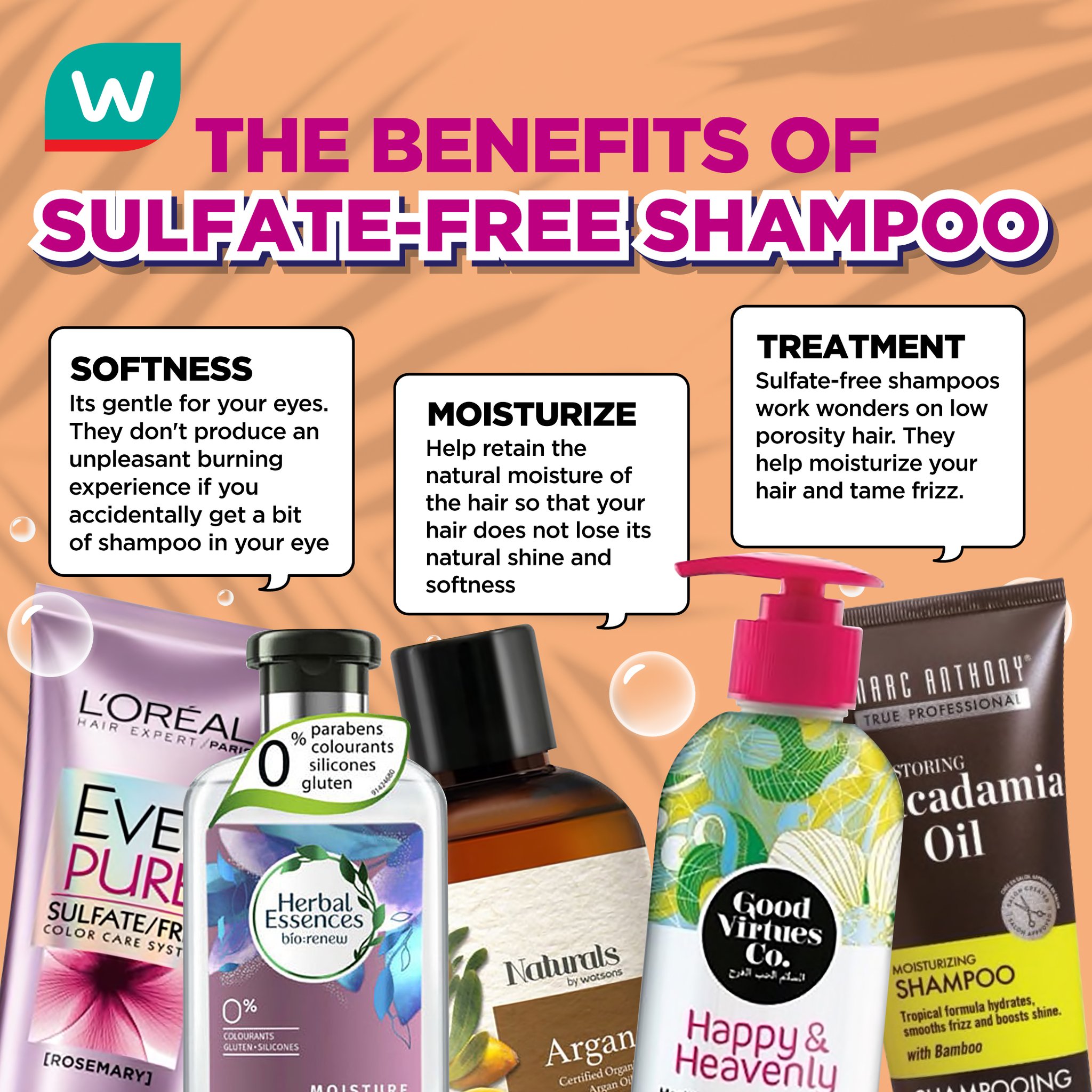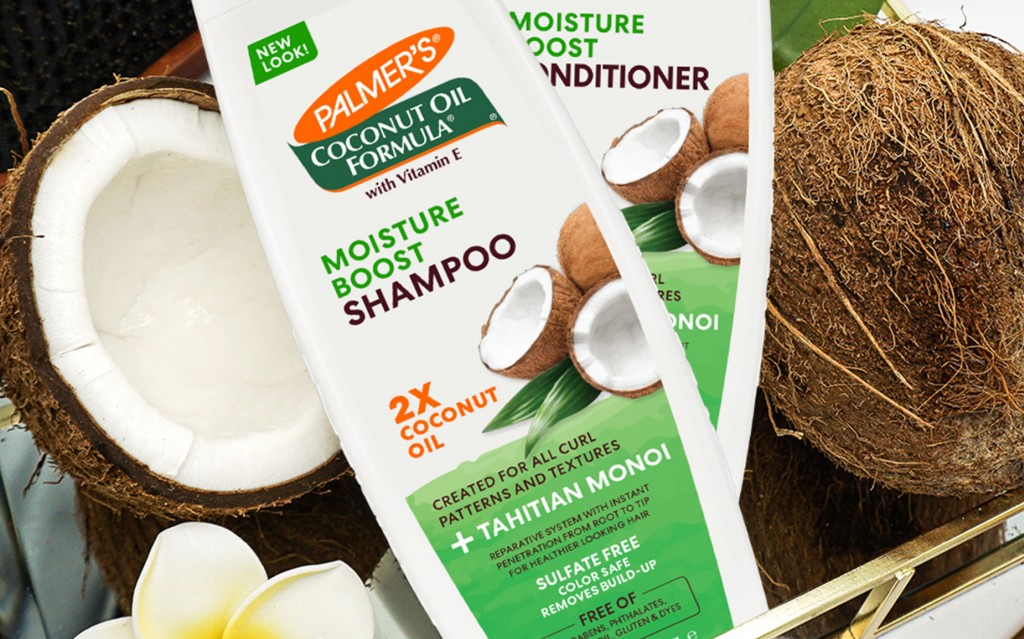Some Of Sulfate Free Shampoo
Table of ContentsSulfate Free Shampoo Things To Know Before You BuySulfate Free Shampoo for BeginnersMore About Sulfate Free ShampooMore About Sulfate Free ShampooUnknown Facts About Sulfate Free Shampoo

Sulfate free shampoos can be made use of by any person with delicate scalp and chemically treated hair. It is recommended that also youngsters must utilize sulfate-free shampoos as they are mild and moderate on their scalp.
The term sulfate-free hair shampoo has actually become one of the best buzzwords in the hair care market. While many experts may speak about its numerous benefits and advertise it, have you ever wondered what sulfate-free actually implies? In this short article, we discuss every little thing from the uses, benefits, and relevance of sulfate-free shampoos.
Sulfate Free Shampoo Things To Know Before You Get This
Sulfates are considered to be great cleansing agents [1] They are claimed to have deepest cleansing residential or commercial properties as contrasted to other cleansing active ingredients. Sulfates belong to the anionic surfactants class of cleansers that cleanse away substances. A lot of the hair shampoos include the 2 main types of sulfates. These sulfates develop a lathering effect to eliminate oil and dust from the hair.
If you have sensitive scalp, sulfates can cause inflammation, inflammation, dry skin, and so on. Although sulfates might frequently be considered as a standard ingredient in shampoos, they might not be appropriate for everybody, particularly if you shampoo your hair each day. Also, it can be damaging to certain hair types and may also create skin irritability in some individuals.

Sulfate-free shampoos not only have moisturizing representatives however likewise make your hair shinier. Using such a hair shampoo along with conditioner can add radiance to your hair. Sulfates are harsh on the scalp and might trigger inflammation and itchiness. Sulfate-free hair shampoos are much milder and can assist you control scalp swelling.
What Does Sulfate Free Shampoo Mean?
Sulfate-free hair shampoos assist you stay clear of long-term direct exposure to potentially poisonous chemical compounds. Individuals with colored hair ought to stay clear of utilizing sulfate hair shampoos as they are severe cleansers that remove the color. Those with dry or kinky hair also ought to choose sulfate-free hair shampoos to maintain the natural oils on the scalp and hair, and maintain moisture.

In that situation, your physician might additionally recommend you to utilize sulfate-free hair shampoo. Several of the noticeable signs of sulfate allergy are: Itchiness Rashes Redness Hives Swelling Sensitive symptoms may occur due to other factors too. Talk with your physician to examine if you have a sulfate allergic reaction. The most effective means to learn if you are using a paraben and sulfate-free shampoo is by reading the component labels.
These all-natural surfactants properly get rid of dirt, debris, oil from your hair and are gentler on skin. Sulfates were when believed to be cancer causing, however there is insufficient evidence to confirm this yet [4] Visit Website The majority of products that contain sulfates utilize it in an extremely low focus. So also if they are not terrific for your hair, they are not that bad for you.
Some Known Details About Sulfate Free Shampoo
It's best to check your hair health and get in touch with a medical professional before changing to a sulfate-free hair shampoo.
Whether your hair is completely dry or oily relies on the structure of your hair. Normally, hair that is straight and fine is oilier than thick, curly hair (sulfate free shampoo). While prolonged and everyday use of sulfate shampoos can make the hair harsh and weak, sulfate-free hair shampoo and conditioner can be used each day without damaging your hair
This mostly depends upon your hair type and the thickness of oil you important site use before cleaning. Typically, ingredients in sulfate-free shampoos are so mild that your hair might redirected here really feel greasy even after an extensive wash. Lots of sulfate-free hair shampoos have components like decyl glucoside or coco glucoside that are extremely mild cleansing representatives [7]
Sulfate Free Shampoo for Beginners
This, many of the suppliers include greater focus of surfactants to make the hair shampoo robust. This, however, ruins the objective of utilizing sulfate-free hair shampoos as the greater focus causes greasiness in the hair.
Considering that they are light and work carefully, they will not dry your hair, or discolor your shade too quick, unlike a hair shampoo that has sulfates. The most significant issue with sulfate-free shampoo is that lots of manufacturers replace sulfate with olefin sulfonate, which is a 'close relative' to sulfate. Although it might come to be sulfate-free with a moderate variant, it can be harsher than the initial sulfate.
Imagine that you spent in a fragile garment and desired to keep it in top condition. Most people would avoid the second optionbecause no one wants to damage something so special, fragile, and tough to change.